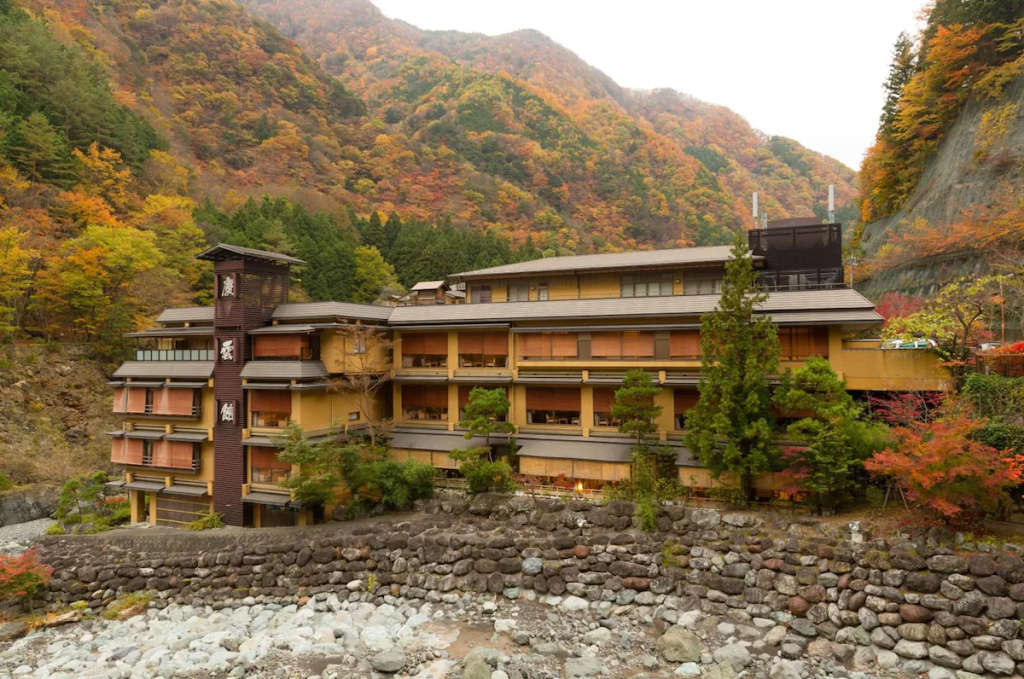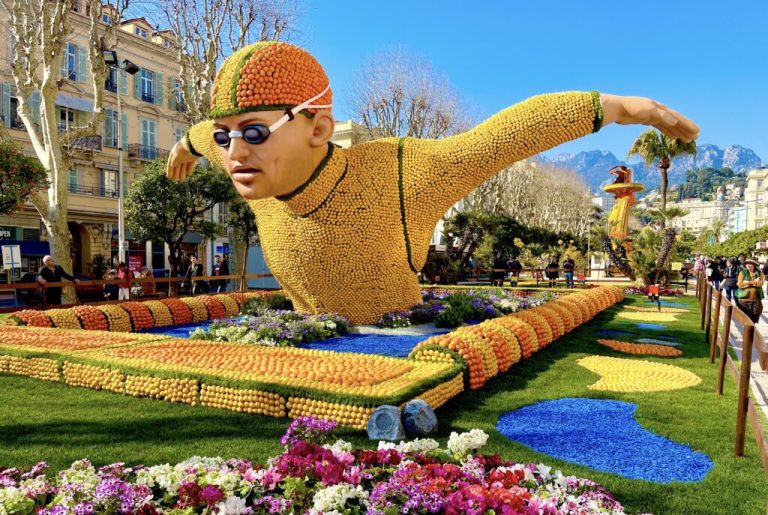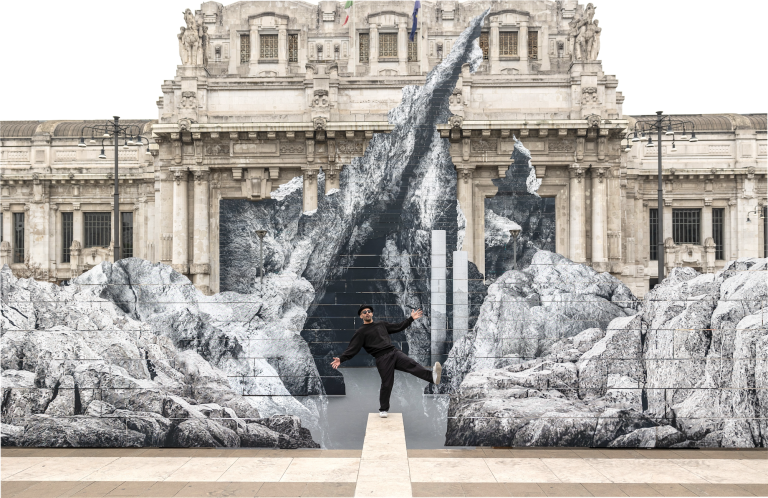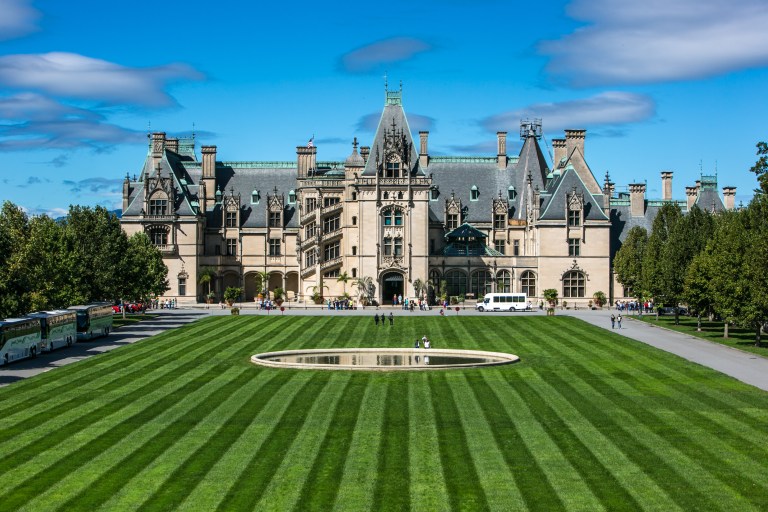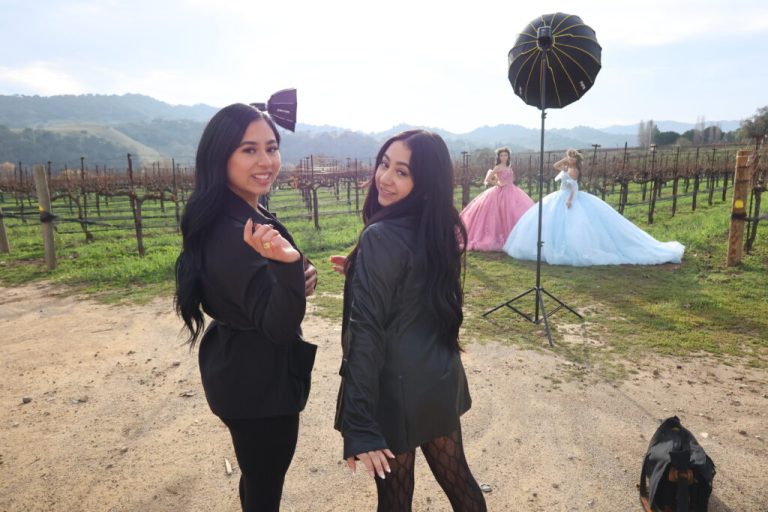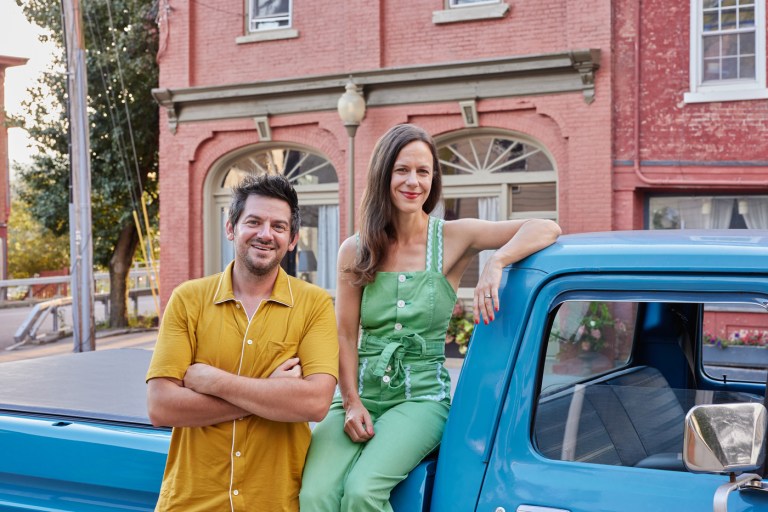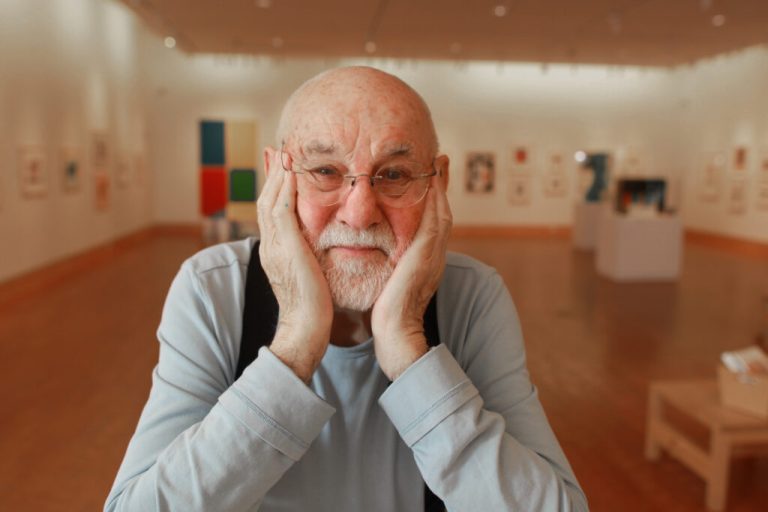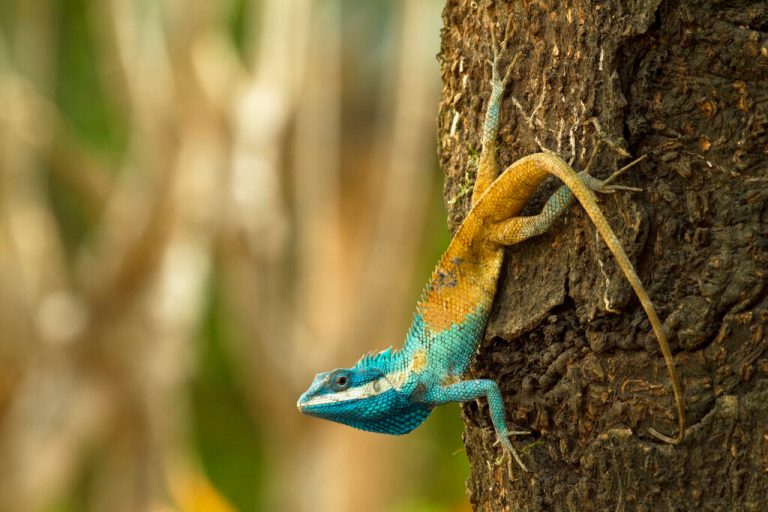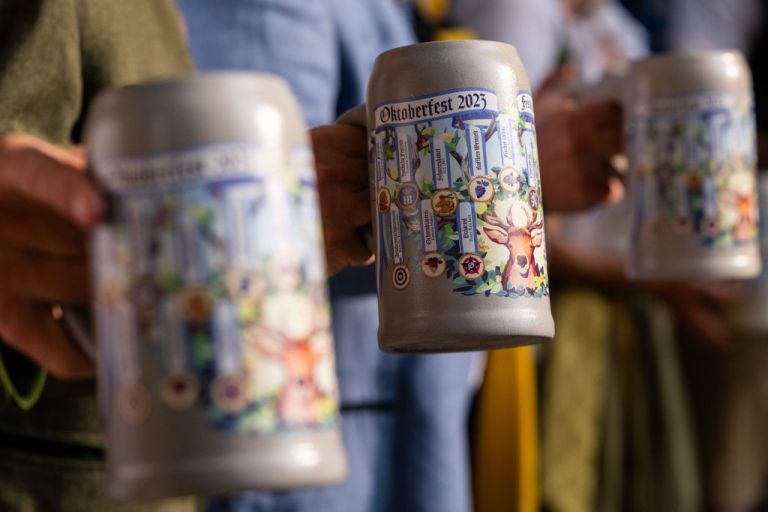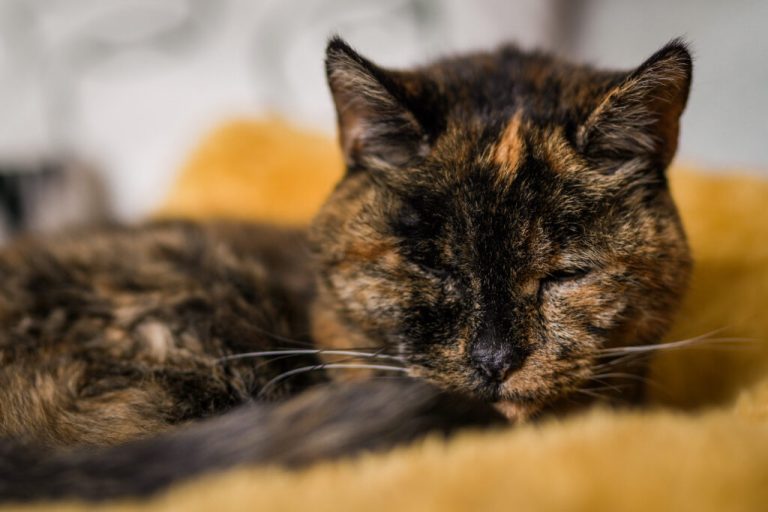Nestled in the misty woodlands at the foot of Japan’s Akaishi Mountains, the Nishiyama Onsen Keiunkan has welcomed guests for over 1,300 years, making it the oldest continuously running hotel in recorded history, according to Guinness World Records.
Fujiwara Mahito, the son of a powerful aristocratic family, discovered hot springs in the area in A.D. 705, during the Keiun era. Not long after, he established the ryokan, or traditional Japanese hot springs hotel.
In the centuries since, guests — including historical samurai, A-list celebrities, the country’s current emperor, Naruhito — have visited the inn for relaxation and healing, according to Travel and Leisure.
The world’s oldest hotel, Nishiyama Onsen Keiunkan, has been in business for over 1000 years. It’s been run by 52 generations of the same family! Here’s what it looks like today: https://t.co/rEtrEXRQNE
— Embassy of Japan in Canada (@JapaninCanada) July 15, 2018
Which historic hotels are near you? #Japan #history pic.twitter.com/j92WJs38IK
The property, built and decorated in a traditional Japanese style that harmonizes with the lush landscape, has a myriad of distinctive features. Every aspect is thoughtfully designed, including its 37 spacious rooms, which feature tatami mats, futons, hanging scrolls that serve as art, gorgeous views, and spring water showers, with prices beginning at $408 per night.
Advertisement
Guests are also served gourmet meals featuring seasonal, locally sourced ingredients (when available) served by kimono-adorned staff. Guests are assigned a private room at a reserved time for their five-course dinner. And if they’d like to venture away from the hotel, there are numerous must-see destinations, such as Mount Fuji, Zenko-ji Temple, and Jigokudani Monkey Park, within a few hours, per the hotel’s website.
But the main attractions are the hotel’s six hot spring baths. The springs, which contain crystalline, drinkable water fed by the nearby mountains, have run uninterrupted since the inn’s opening.
Four of the baths are outdoors, while the two indoor baths are available by reservation only, making them accessible to people with tattoos, per CNN. Although displaying tattoos isn’t illegal in Japan, many spas, gyms, hot springs, and beaches prohibit people with visible body art from entering due to its association with yakuza gangs — a perception that’s slowly changing. Besides inducing relaxation, the springs are believed to help alleviate conditions such as gastrointestinal disorders and muscle pain.
Advertisement
The inn has withstood several challenges since its opening, including fires and a typhoon, necessitating a number of repairs and renovations. The main building has been moved multiple times and some changes have been made to provide guests with modern comforts, including electronic devices and TVs. Still, the inn has retained its old-world charm and upheld multiple centuries-old traditions.
“From the baths to the rooms, I can feel the presence of history here,” Michiyo Hattori, a guest who celebrated her 70th birthday at the inn, told CNN.
Ryokan president Kenjiro Kawano told the outlet the hotel’s secluded location has contributed to its success and longevity and noted the importance of having an acute focus.
“The past president told me to become the ryokan master and not be distracted,” Kawano said. “When you begin to see success, you start to stick your head in other ventures, becoming vulnerable to failure.”
Advertisement
As the 53rd ryokan president, Kawano is the first non-relative of Mahito’s to take the helm. Kawano first joined the hotel in 1984 at age 25 and worked his way up from repairman to manager. Through the decades, he established a close relationship with his predecessor, earning his trust and confidence. Eventually, he was appointed president. Because Kawana wasn’t a blood relative, he was unable to inherit the business; in order to do so, “he took over the original shares of the business and created the Nishiyama Onsen Keiunkan Limited company,” CNN explained.
“I was called to the predecessor’s office one day and he told me I was taking over the business,” Kawano said. “I felt such immense pressure to take over such a historic place. It took me six months to accept the offer. My biggest concern was (that I would) be the last generation to maintain this ryokan.”
Interested in learning more about the hotel? Press play on the above video to get an inside peek, and head to Expedia to see more photos. And if you’re craving even more unique places to add to your travel bucket list, check out this list of 13 unusual hotels around the world, including a remote lighthouse-turned-luxury retreat and an Arctic treehouse.
Share to:
